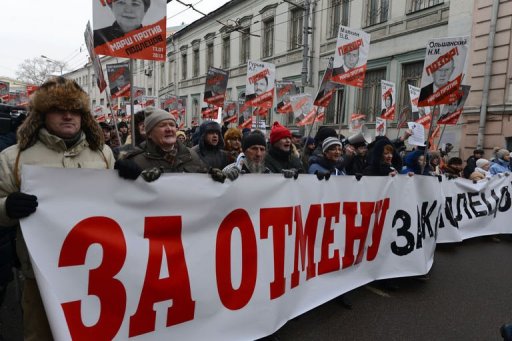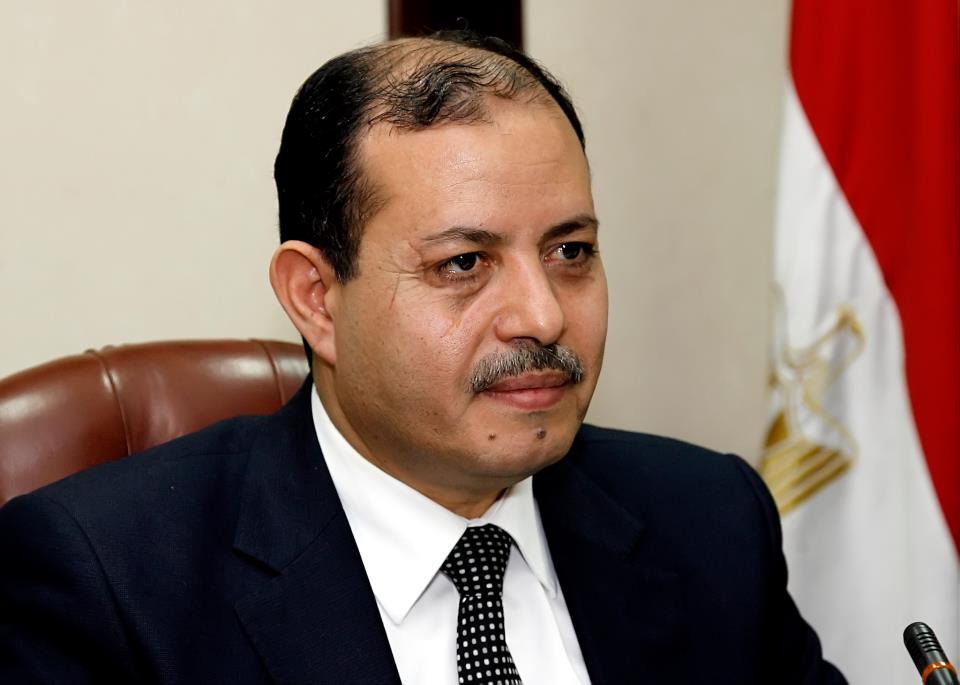CAIRO: National rights group Egyptian Organization for Human Rights (EOHR) released on Tuesday its 17th annual report on the state of human rights in Egypt, emphasizing “continuous violations of basic human rights and citing a deteriorating state of the right to life, personal safety, and freedom of expression.
The report is divided into three different sections, offering an evaluation of legislative developments and judicial decisions related to human rights in Egypt during 2006. It also provides an overall assessment of the country’s human rights situation and a roundup of the organization’s research and activities. EOHR raised serious concern over the alleged widespread practice of torture and inhumane treatment in the country, referring to 567 documented cases of torture since 1993.
“Torture and ill humane treatment are one of the most pressing human rights violations in Egypt. Last year, seven people died of torture at Egyptian police stations and we documented at least 30 cases of torture and ill-treatment, Hafez Abu Seada, Secretary-General of EOHR told Daily News Egypt.
He further stressed the importance for Egypt to amend its national law on torture so that it complies with international human rights law.
“Our national law on torture, article 126, is not compliant with international standards and thus needs to be amended immediately. Article 126 only states that torturing a person in order to get a confession is a crime, but other inhumane treatment is not. That leaves many loopholes in the law, Abu Seada continued.
The report also states that the right to assembly and freedom of association have been subjected to violations in the past year; referring to the amendment of Law 84/2002, which grants the government increased control in the establishment of NGOs such as rights groups and non-profit organizations.
In light of the recent elections of the Shoura Council, EOHR emphasized an “innumerous amount of violations including acts of violence, the closure of polling stations, and the prevention of NGO monitors to enter voting stations.
Moreover, Abu Seada posed strong criticism to Egypt’s newly enacted anti-terrorism law which is intended to replace the country’s 26-year-old emergency law.
Strongly criticized by international rights groups, the anti-terrorism law provides sweeping powers of arrest to the police in addition to granting authorities the right to monitor private communications, and allowing the Egyptian president to bypass ordinary courts and refer people suspected of terrorism to military and special courts.
“The government is imposing increasingly restrictive measures on the freedoms of the Egyptian people in this law. It is harsher than the emergency law and confiscates the rights and freedoms of the people, “Abu Seada said.
In order to improve human rights conditions in Egypt, the report calls on the Egyptian government to abolish the anti-terrorism law, amend several national laws, and refer perpetrators of human rights violations to court.


